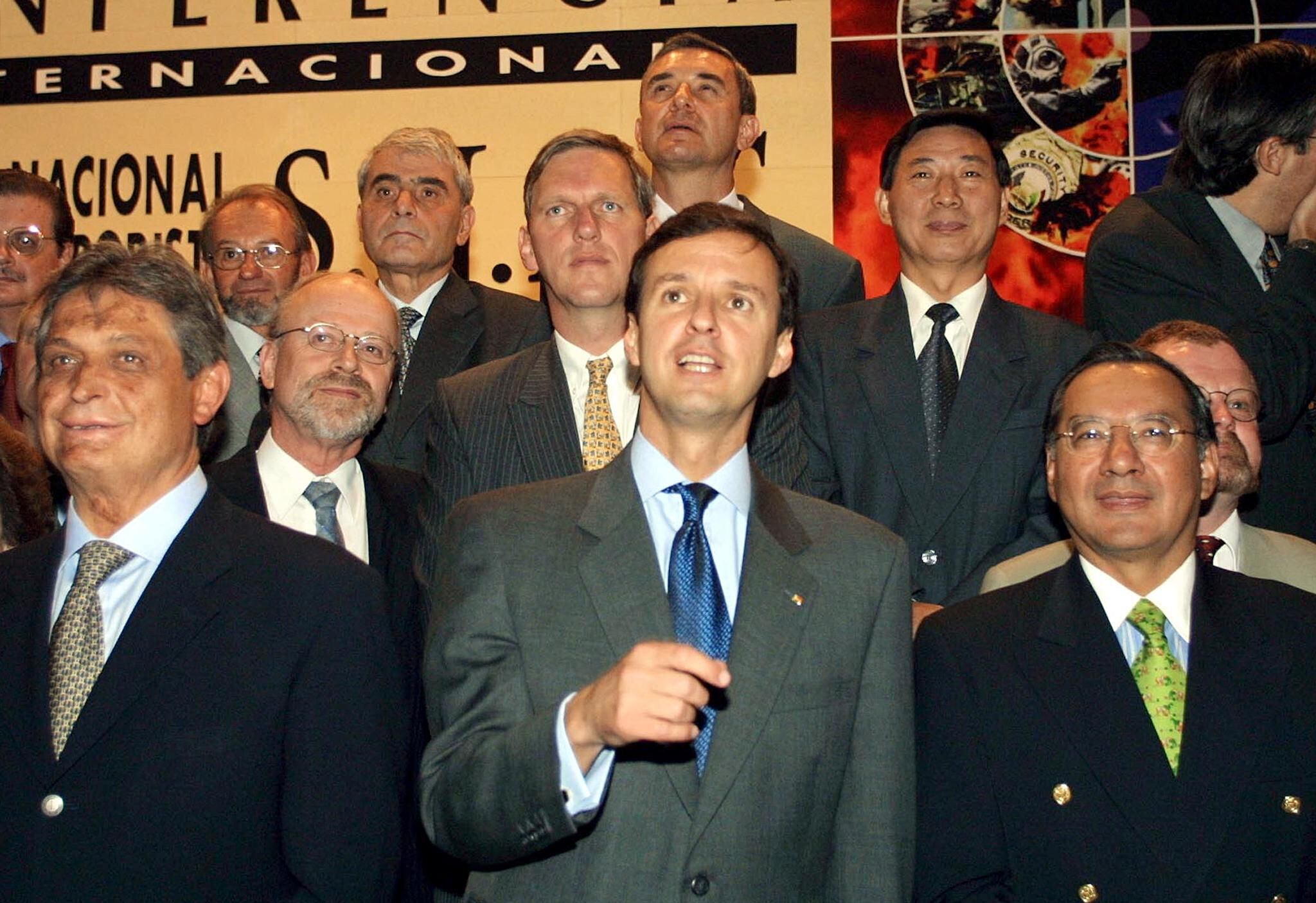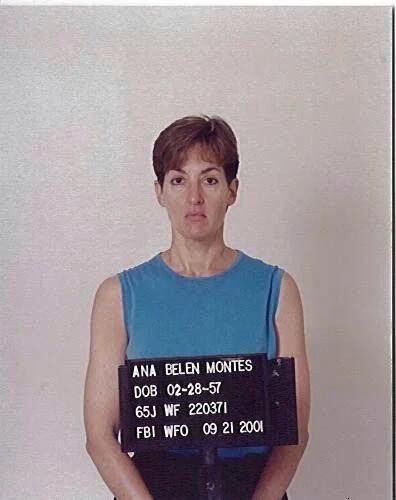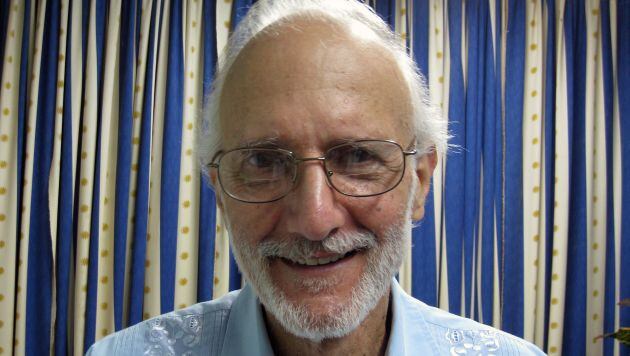The tense relationship between U.S It is Cuba had as its common point complicated espionage stories that sometimes seem to surpass fiction. The last of them stars Víctor Manuel Rocha, a former US ambassador to Bolivia who presented himself as a right-wing man and who this week was accused by Washington of working as a secret agent for the Cuban government for at least 40 years.
TO LOOK: Former United States ambassador to Bolivia, Víctor Manuel Rocha, is accused of being a Cuban agent
Rocha, a Colombian-born U.S. citizen, was arrested Dec. 1 at his Miami home after confessing his activities last year to an undercover FBI agent posing as another Cuban spy and who said his name was “Miguel ”.
It was to “Miguel” that the 73-year-old former diplomat confessed that his biggest concern when he worked at the State Department was “strengthening the Cuban Revolution”. He referred to Fidel Casto as “comandante” and his Cuban contacts as “comrades,” according to secretly recorded conversations.
He also repeatedly referred to the United States as “the enemy” and proudly acknowledged that he had secretly assisted Cuba’s “clandestine intelligence gathering mission against the United States.” A secret job he carried out from about 1981 until now and which prosecutors have described as one of the most brazen and prolonged betrayals in the history of the United States foreign service.
In public, Rocha referred to Cuba as “the island” and was described by friends as an admirer of Donald Trump. Supported by a kind of double life, he dealt with issues related to Latin America for more than two decades in various positions at the State Department during the governments of Bill Clinton and George W. Bush, including a period as ambassador to Bolivia from 2000 to 2002. . says “The New York Times”.
In addition, he held various positions at the United States embassies in the Dominican Republic, Honduras, Mexico and Argentina and served as an advisor to the United States military command that includes the Cuba region from 2006 to 2012.
The former diplomat now faces a thorny path. After being accused of secretly acting as an “agent of the Government of the Republic of Cuba”, Rocha faces 15 criminal charges in a South Florida court, which could mean a maximum sentence of 60 years in prison if found guilty. The trial will begin on January 29th.

Rocha appeared in Miami federal court on Monday. He made no statement and simply began crying in court when his family left the courtroom.
Rocha’s case is the latest in a long list of espionage cases that have further damaged relations between the United States and Cuba, whose enmity spans more than half a century.
Another of the most notorious cases broke out in 2001, when Ana Belén Montes, a US military intelligence analyst, was arrested for espionage after admitting that she had been collecting confidential information for Cuba for almost a decade.

After being convicted of spying for Cuba, Montes was released in January after serving a long prison sentence.
Also arrested were Carlos Álvarez, a psychology professor at Florida International University, and his wife, Elsa Alvarez, a school social worker. Both accused in 2006 of working as agents for 30 years and feeding Havana information about US agents and anti-Castro exile groups.
The list of those accused of spying for the United States for Cuba is quite extensive and includes more couples who worked together, infiltrators in military bases and former immigration officials.
Cuba also accused the United States of using agents to obtain information from the island. The most emblematic case is probably that of Alan Gross, an American contractor for the development aid agency (USAID) who was sentenced in 2009 to 15 years in prison on the island for espionage for having introduced satellite transmission equipment to the island.
After spending five years in prison, Gross was released in 2014 as part of the thaw between the two countries under the administration of Barack Obama.

Source: Elcomercio
I am Jack Morton and I work in 24 News Recorder. I mostly cover world news and I have also authored 24 news recorder. I find this work highly interesting and it allows me to keep up with current events happening around the world.

:quality(75)/cloudfront-us-east-1.images.arcpublishing.com/elcomercio/HLAEX64JQJAMNFMC7I3VL45HUI.png)

:quality(75)/cloudfront-us-east-1.images.arcpublishing.com/elcomercio/I5Y7GPYRNJB6BJD57LFIXPJFQI.jpg)
:quality(75)/cloudfront-us-east-1.images.arcpublishing.com/elcomercio/VPS3X5ZRSFB4VJPUOUWFQ5QGRY.jpg)
:quality(75)/cloudfront-us-east-1.images.arcpublishing.com/elcomercio/5V3JLDAPI5HFDOWE3TOKWORNYA.png)

